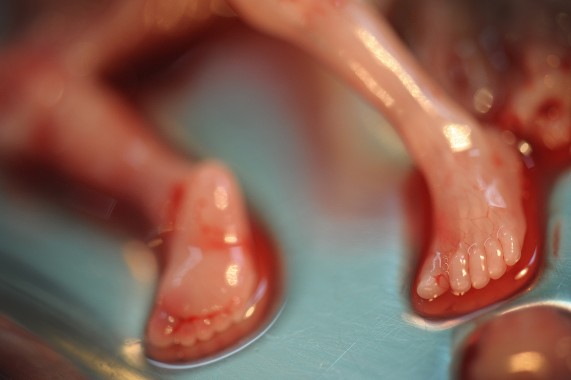
Nigerian women committed 2.7m abortions in 2017 – Study
A survey conducted by the Performance Monitoring and Accountability (PMA2020) in collaboration with Bill and Melinda Gates Foundation has shown that Nigerian women committed about 2.7 million abortions in 2017.
Presenting the results of the survey in Abuja on Friday, Suzanne Bell, a scientist at John Hopkins School of Public Health, said a majority of the abortions were done by young girls in secondary schools and women in their early 20s.
The survey was carried out in Lagos, Kano, Kaduna, Rivers, Nasarawa, Anambra and Taraba States.
“In 2018, PMA 2020 conducted a survey to produce updated and expanded estimates of abortion-related indicators.
“The survey results provided new insights into the characteristics of women who have abortions and the pathways leading to abortion within or outside the healthcare system.
“In Nigeria, most public tertiary facilities provided post-abortion care (92 per cent) and safe abortion services to save a woman’s life (81 per cent); lower level public facilities and private facilities were much less likely to do so.
“In 2017, the annual incidence of likely abortions in Nigeria was 41.8 per cent per 1000 women aged, 15 to 49, which is nearly 1.8 million abortions.
“When including information related to the experience of respondents closest confidants, the rate of likely abortions in Nigeria rose to 2.7 million.”
Bell said that women living in rural areas, women with no education and women who are poor were the most likely to have had the least safe abortion.
She further said that six out of 10 abortions were considered least safe and 11% of women experienced complications for which they sought post-abortion care at a health facility.
Earlier, Elizabeth Omoluabi, principal investigator, PMA2020, said that one out of every four children were unintended, giving rise to some of the abortions committed by women.
Omoluabi, therefore, called for the empowerment of women to have family planning before marriage in order to reduce the abortion rate.
